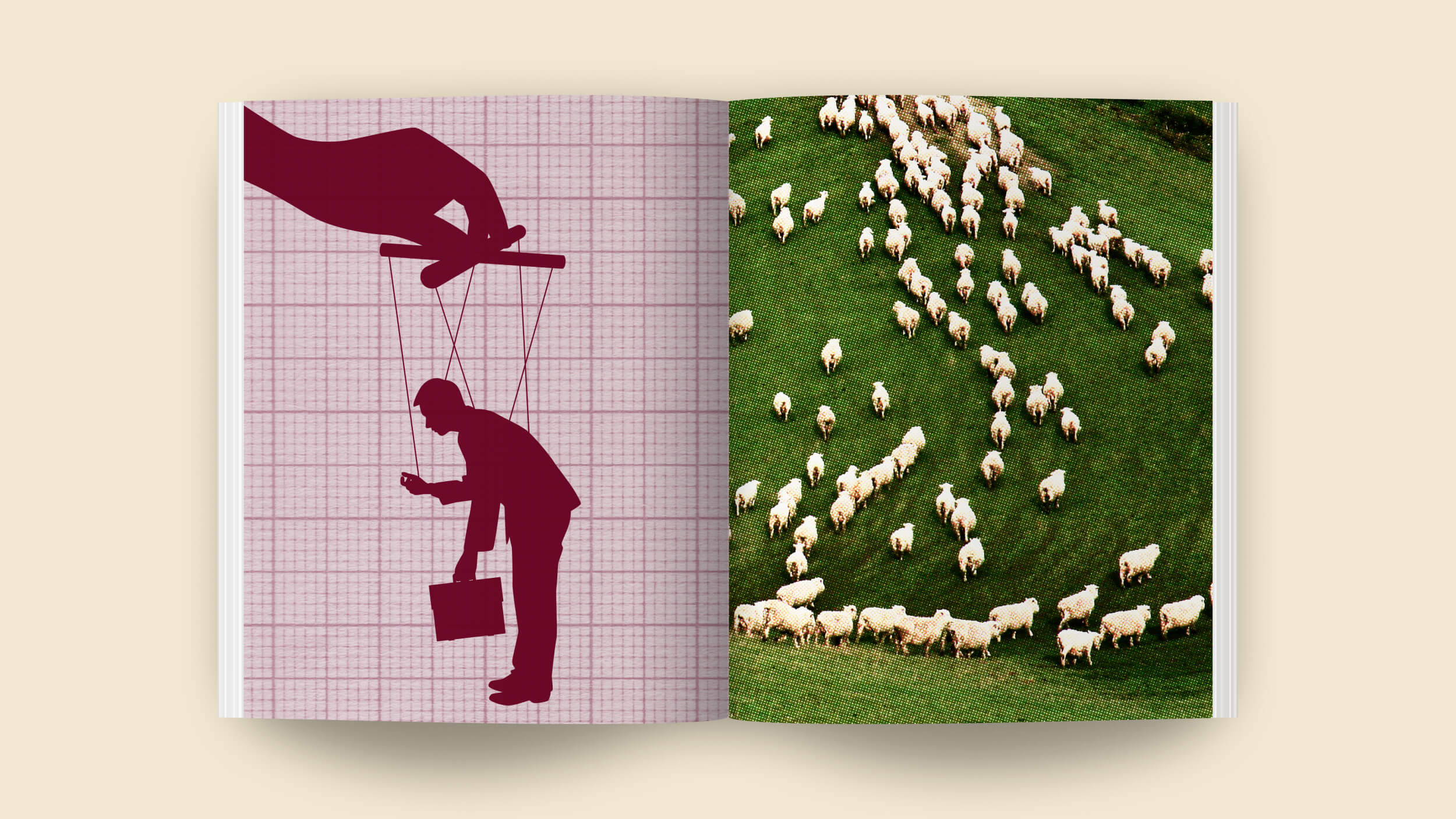Here are two things you never thought a writer would need – agility and stamina. American author Jonathan Safran Foer (the literary talent behind works such as Extremely Loud and Incredibly Close, Everything Is Illuminated, Eating Animals) knows writing and therefore he knows writer’s block. The feeling of being stuck can strike in any creative field. Safran Foer points out that often it feels like it’s because of a lack of ideas, but that’s a red herring. You do have ideas, you just don’t care enough about them enough. Nothing you’re making feels important to you. You think ‘Who would want to read this?’ or ‘This will never sell.’
But Safran Foer urges writers to stop thinking about the publishing process so much. It’s face-palming, obvious advice but sometimes we need to be told: focus on the actual writing. If there’s something you care about, write it. “The worst that can happen is it’s a book that will be for nobody but you, but that is actually a much better fate than writing a book that lots of people like that isn’t for you.” Writers have written about such nuanced, strange, unassuming things that millions of people have found a way into and loved intensely. Susan Orlean’s The Orchid Thief? Who cares about flowers, right? Well, she made orchids seem like the most fascinating thing on the planet. Floating Gold: A Natural (and Unnatural) History of Ambergris by Christopher Kemp is about nothing more than whale excrement. And it’s brilliant. Enthusiasm is contagious – we all know and have felt that.
Safran Foer’s advice is that if something feels important or just fun, even if it’s a deviation from your plans, follow it. If a background character elbows their way to the foreground, let it. You have a new protagonist now. Be agile in your practice. Even if you’re 60 percent into a project, if the voice of a new idea or pathway can’t be silenced, then you should probably follow it. When you work on something you don’t care enough about, stuck on a set course to finish it, it can make you incredibly unhappy, he says.
Find what makes you singular as a writer. Find what is unique about you that no other writer could offer – a story, a character, a voice, a style, a form. According to Safran Foer, the way to become a successful writer isn’t to agonize over one idea for the perfect book, but to write constantly, even if no one will ever see it. Cultivate stamina. Hang onto the comet tail of good ideas, even if it means abandoning a previous idea. And always be ready to latch onto the next comet. Be the writer who doesn’t stop.
Jonathan Safran Foer’s latest novel is Here I Am.
Jonathan Safran Foer: I think very often when people refer to being stuck, or this is certainly my own experience and I've talked about it enough with friends, some of whom are writers, some of whom are other kinds of artists, some of them do other things with your life, often times when people refer to being stuck they don't mean like creatively blocked, they don't mean that they don't have any good ideas, they mean that they don't have any ideas that they care about; that nothing they're making feels important to them. When you don't care about something you just don't do a good job with it. Maybe you can for a while. It's possible to fake it for a bit or it's possible to have incentives to do things like I have a deadline or my boss is going to be looking over my shoulder if I don't, but for most of us we do our best work when we care about it.
So when I teach if a student will say something to me like I really love this but I know it's not going to be a good book or I actually have a friend who also teaches who was telling me about an experience he had were a student came up to him and said, "I wrote all these notes for this book I want to write but I find that I never write the book, I just really love working on the notes for the book." And my friend's advice was, "Well, probably the notes are your book. If that's what you love and that's what you're drawn to and you're imagination wants to go there then just let it go there. The worst that can happen is it's a book that will be for nobody but you, but that is actually a much better fate than writing a book that lots of people like that isn't for you." So when something draws my attention, when something feels important or even just pleasurable to me, I work on it even if it's off the track, even if I'm already 60 percent of the way into what I thought was the book I was going to write if I suddenly find that one of the little voices in it is appealing to me more than it ought to, this person I thought was a side character suddenly like elbowing into the middle of the room and just wants to stay there and wants to be the center of attention, I will make that character the center of attention despite it being a very efficient way to work because I know that I have become unsuccessful, I've become stuck, I've become unhappy when I'm working on something that I know isn't really what I care about.
The most successful students I've had, the ones who have published books are the ones who have actually had to change midway through long projects. Students who came to class with 300 pages and we had a discussion not about how those 300 pages could be the best form of themselves but rather why are you writing these 300 pages? Are these the 300 pages that best express the thing that makes you a singular writer? You are a writer in this way. Here's the thing about you that is different than other people. Here are the things about your experience or your voice or your imagination your fluency, whatever it is. I think each writer has something that makes him or her singular and I try to guide of the feedback toward like repeated examinations of the question what makes you singular not how can I make this sentence as good as it could possibly be.
With the case of these very successful students we had difficult classes where the answer was maybe it's not. Maybe there's something else that will better express your singular quality. And sometimes those are very, very difficult classes because it can feel one can get sort of swept up in the what is lost like in the moment. Like I've been working for six months on this, I've been working for nine months on this sort of forgetting that one need only write one really good book to have an amazing career as a writer. How many writers have written two great books? Not very many. Three great books you'd be hard pressed to name more than a couple so there's plenty of time.
One disadvantage of a writing program is that it creates this kind of like pre-professional attitude. Like you go to a writing program so that you can get an agent, so that you can get a publisher, so you can be a published writer so da, da, da, da, da, da as if there's this long string of cause and effects that you want to be on as quickly as possible. As opposed to like this extremely long process, which is going to be inefficient and arduous and challenging in any number of ways, but that the goal at the end is not to make any one piece of writing as good as it can be but to make yourself the writer who doesn't stop.






